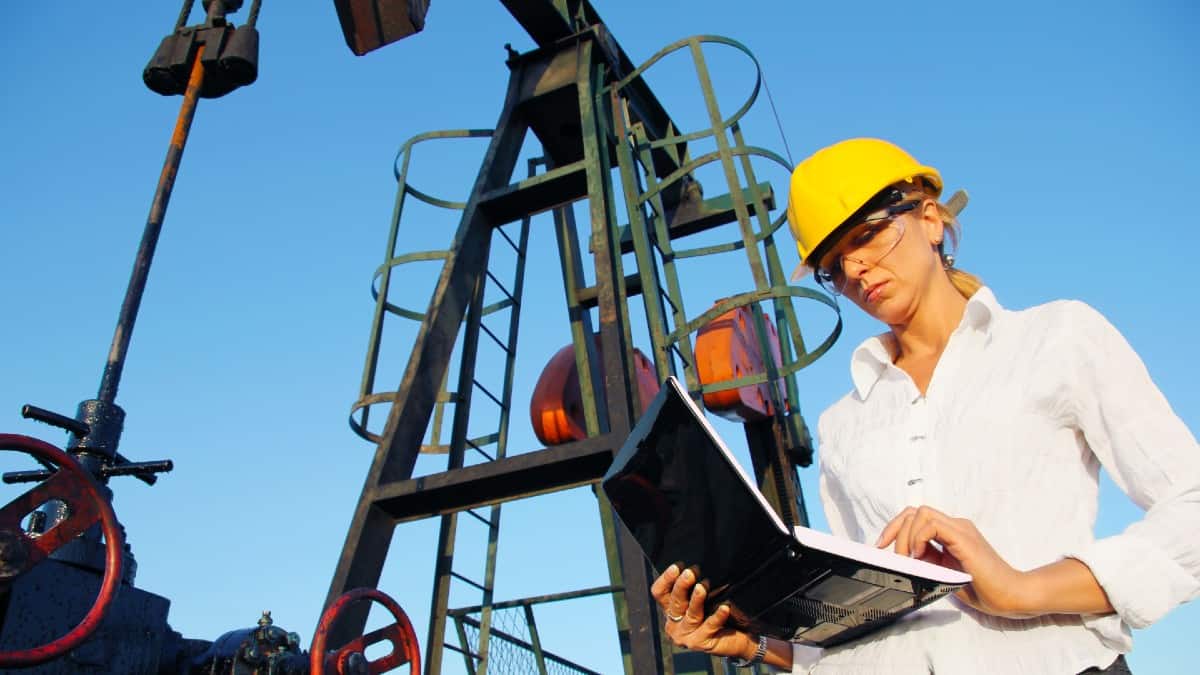Rockhopper Exploration (LSE:RKH) and Predator Oil & Gas (LSE:PRD) are FTSE-listed oil and gas companies. They fall into a category referred to as ‘independents’.
These are companies that normally focus on one or two parts of the oil and gas value chain — normally exploration and production.
By comparison, vertically integrated oil and gas companies, often called ‘international oil companies’ (IOCs) will have operations from exploration to forecourt sales.
Should you invest £1,000 in Chesnara Plc right now?
When investing expert Mark Rogers has a stock tip, it can pay to listen. After all, the flagship Motley Fool Share Advisor newsletter he has run for nearly a decade has provided thousands of paying members with top stock recommendations from the UK and US markets. And right now, Mark thinks there are 6 standout stocks that investors should consider buying. Want to see if Chesnara Plc made the list?
What are they?
Rockhopper Exploration is a UK-based oil and gas company with its sights firmly set on the Falkland Islands. It made waves in 2010 with the discovery of the world-class Sea Lion oil field, a potential game-changer for the region’s energy resources.
Rockhopper is currently navigating development plans for Sea Lion, facing hurdles like environmental concerns and volatile oil prices.
Despite the challenges, Rockhopper remains a key player in the Falkland Islands’ oil and gas scene, with the potential to unlock significant economic benefits for the islands.
Meanwhile, Predator takes a different approach to the oil and gas game. This UK-based company focuses on smaller, near-term production projects, aiming for quicker returns and lower risks.
Predator has operations in Trinidad, Morocco and Ireland. Only the former operation is offshore. While the company has a diverse portfolio, the focus is enhanced oil recovery opportunities using carbon dioxide injection in Trinidad.
Prospects
Predator’s investment thesis is certainly less risky. It has a diverse portfolio and its business model requires less capital outlay compared to drilling new development wells.
That’s because it focuses on extracting oil and gas from previously drilled wells using CO2 enhanced oil recovery (EOR). This means it’s much more likely to generate cash flow in the near term.
While EOR often has elevated costs versus standard extraction techniques, none of its operations are as remote as the Falklands.
Rockhopper’s operations were dealt a blow in 2016 when oil prices crashed. It was thought that exploration in the Falklands generally requires oil prices to be above $45 a barrel. And that hasn’t consistently been the case over the last eight years.
However in the latest update, the company said cash costs had been reduced to less than $30 a barrel.
First oil still isn’t expected until 2027, another three years despite the recent entry of Israel-listed Navitas Petroleum on the Sea Lion project.
The bottom line
Both these companies have very interesting prospects. However they’re both, to varying degrees, relatively speculative given fluctuations in the oil price, and the perennial challenges and project timespans of the oil and gas sector.
Rockhopper’s base case scenario, assuming cash costs of $30 a barrel and an achieved price of $77 a barrel, with a target of 80,000 barrels a day, sounds very attractive. However, it may be some time before that’s realised.
Predator’s path to profitability is less risky. So while it’s not exactly the data-driven process I like to follow, Predator may be the better investment for me.








